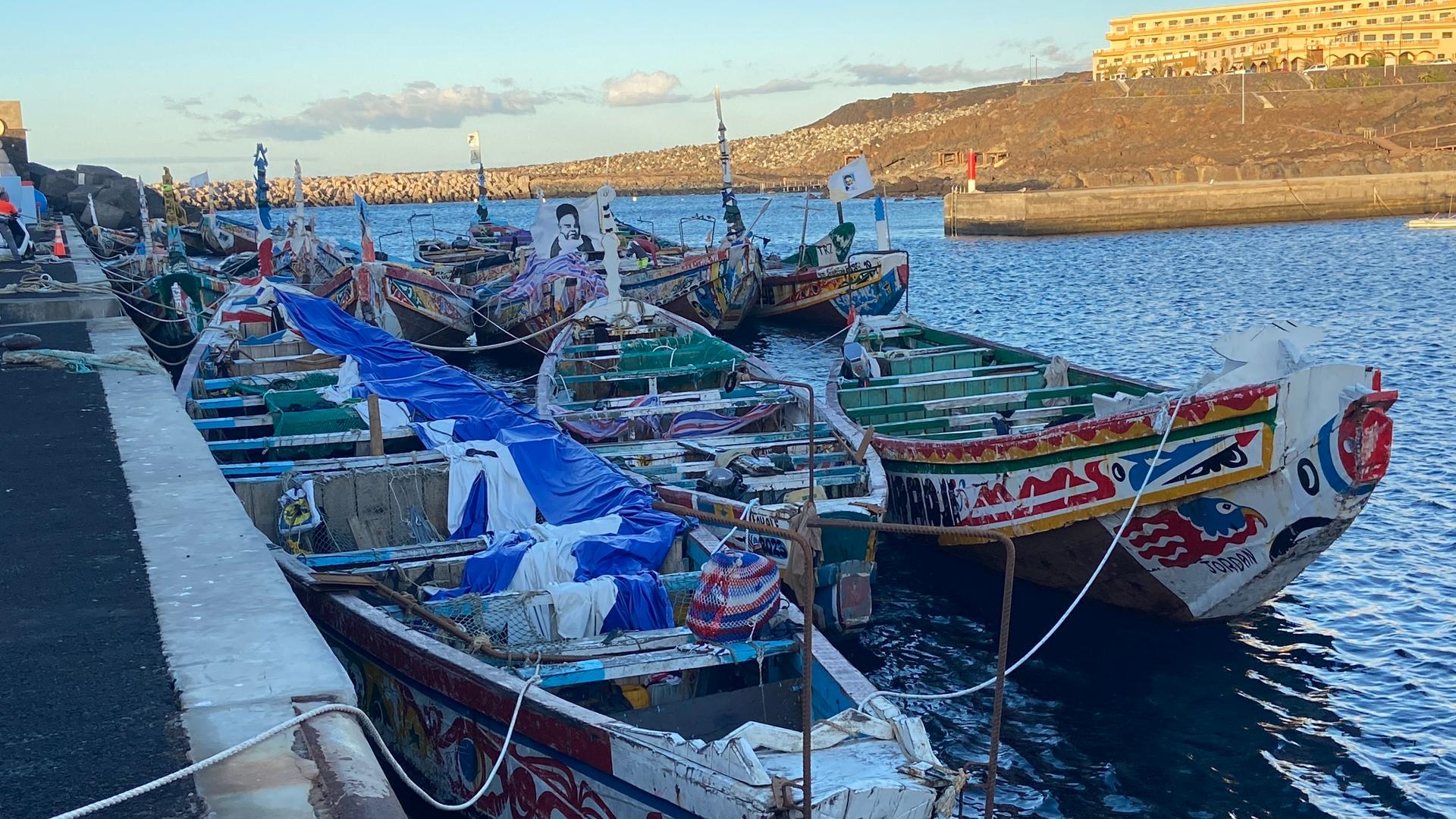Tens of thousands of mostly Senegalese migrants have puttered into the island of El Hierro, the smallest and westernmost of the Canaries.
They’re fleeing poverty and unrest and often arrive sick, hungry and thirsty. They’re taken to shelters, leaving behind a rapidly growing flotilla of rickety wooden vessels located at the pier where they arrive.
In one harbor, there are so many boats that authorities have hired a contractor to smash and burn them.
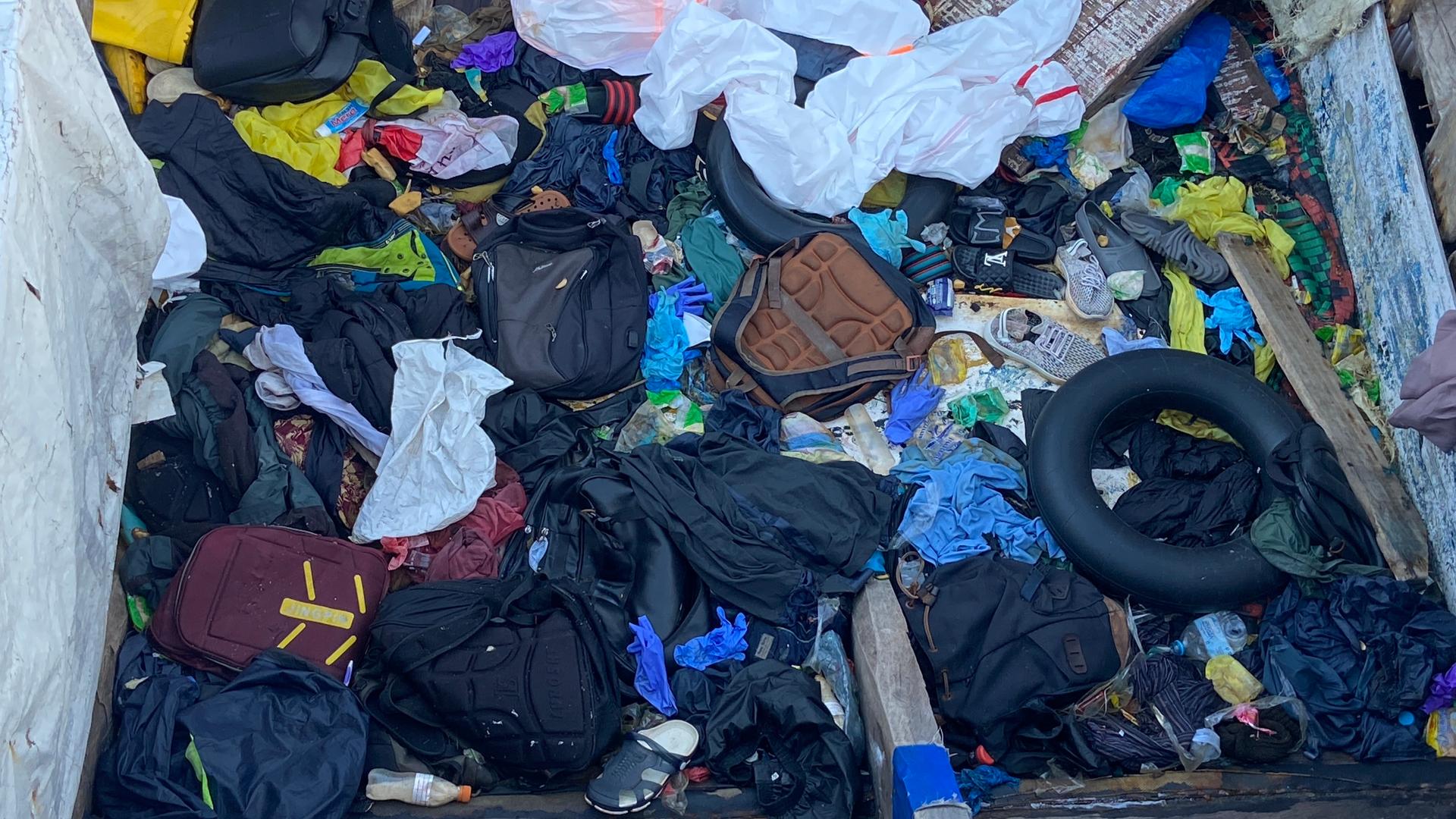
Watching from a nearby boardwalk, fisherman Francis Albert Suarez and his elderly aunt, Flora Suarez Gutierrez, said they feel anguish with each overcrowded vessel that arrives.
Things have to be rough back home for those folks to come here, Suarez Gutierrez said. The journey takes days to navigate on the ocean.
“And how many of them have just disappeared on the journey?” Albert Suarez said.
Some nongovernmental organizations estimate up to a quarter of the migrants on this route are never heard from again.
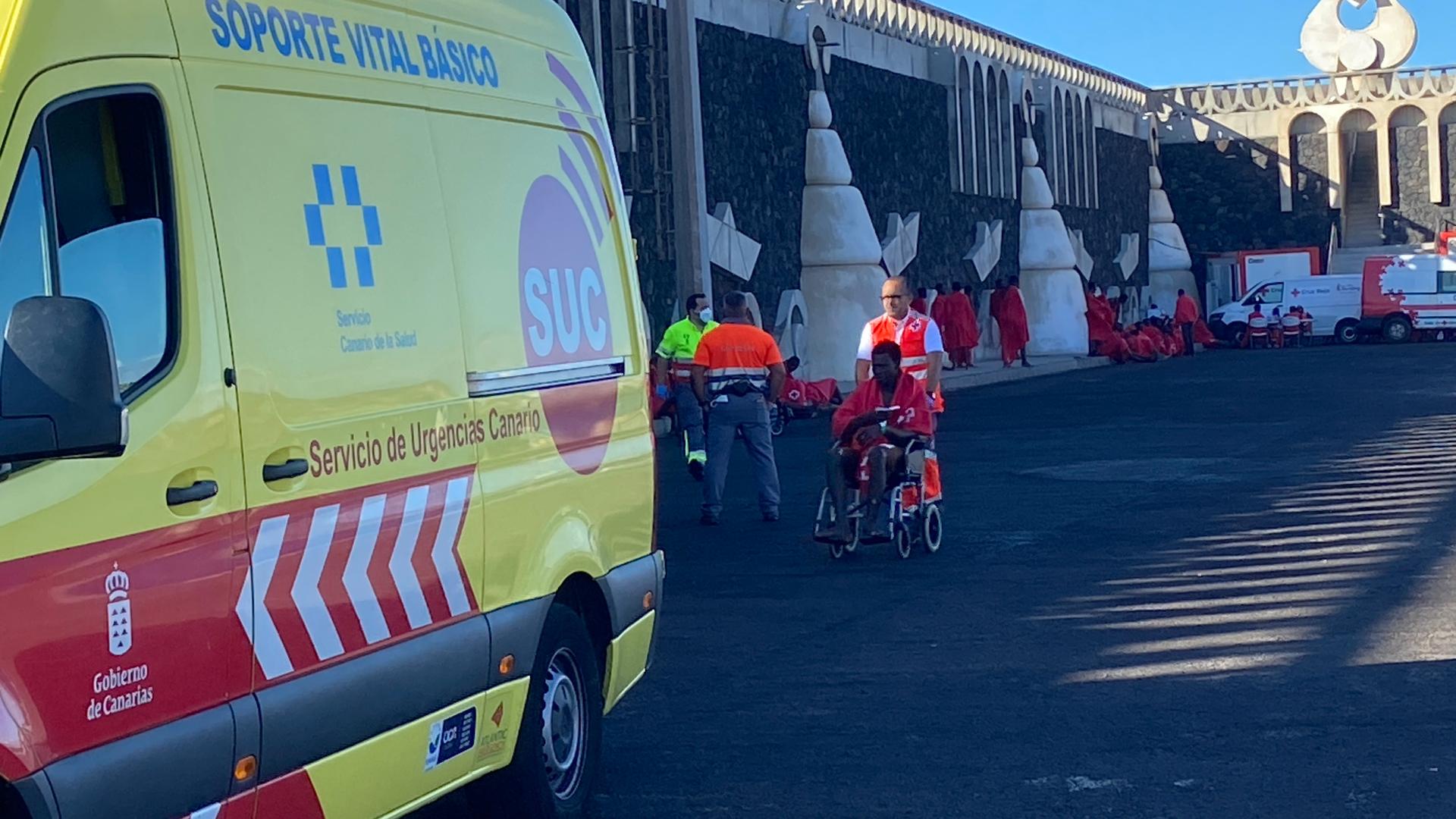
Albert Suarez said he empathizes because he once nearly lost his own father somewhere out there in the blue. He’d gone out on a routine fishing trip.
“The engine on my dad’s boat broke down, and they drifted for nine days. They had no food and barely any water,” he told The World.
Albert Suarez said the family was distraught as they waited for news.
“By a miracle, he was rescued,” he said. “So when I see these migrants, I put myself in their shoes.”
Suarez’s empathy seems pretty widespread in El Hierro, in part because nearly every family has their own harrowing high seas story to tell. Whether they fish or not.
In the not-so-distant past, los Herreños, as islanders are called, found themselves in pretty much the same boat as the migrants arriving here today.
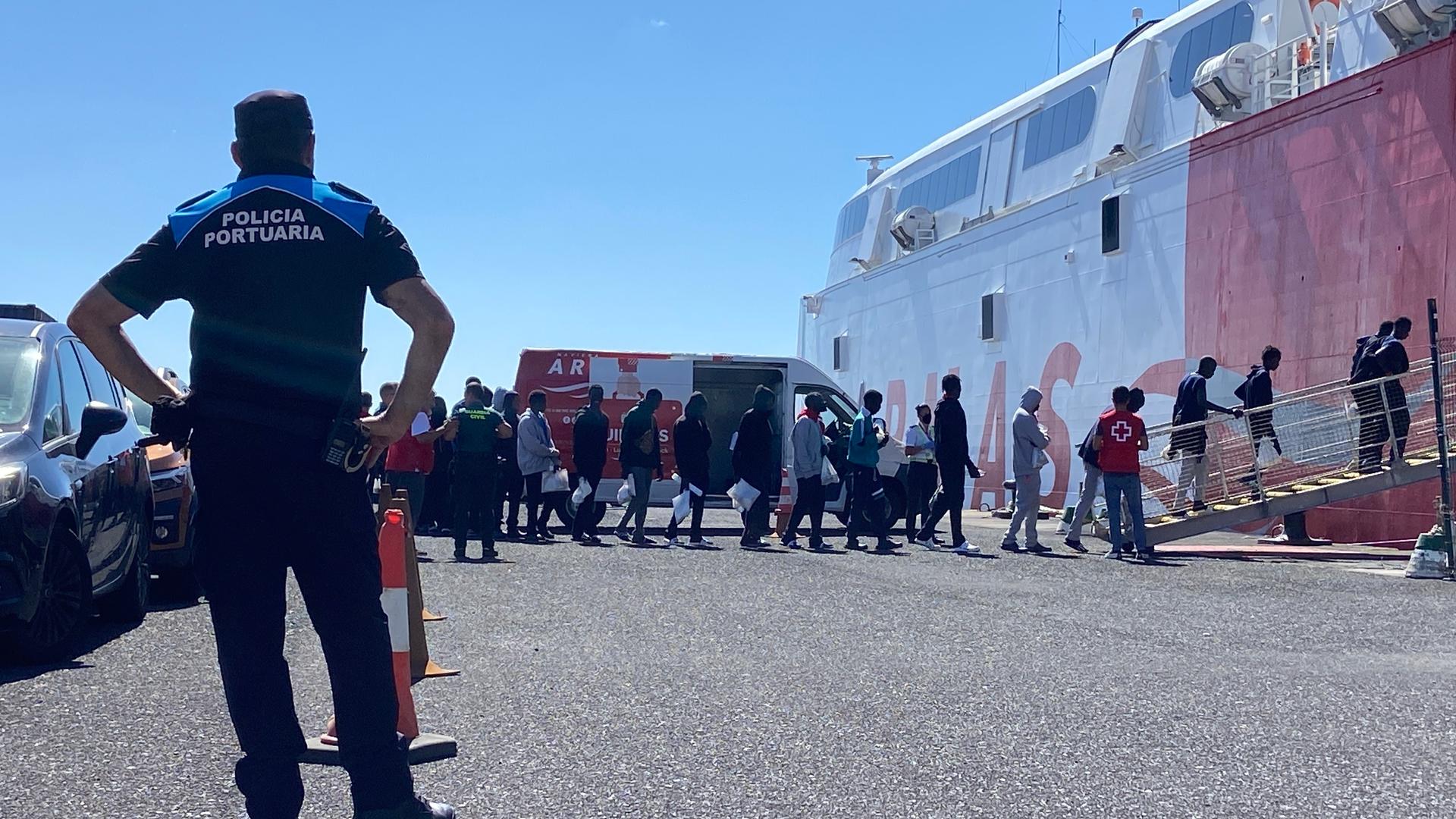
Before the 1950s, El Hierro’s population was about 17,000 people. Several thousand of those people fled in desperation after the Spanish Civil War, leaving at night on clandestine ships.
The ships were clandestine because, at the time, Spanish dictator Francisco Franco did not allow anyone to leave Spain, according to historian Emilio Hernandez.
Hernandez also said that in 1948, a massive drought hit, and islanders, mostly farmers and shepherds, began looking to the Americas for salvation.
But reaching salvation was not easy.
Most smuggler ships were hardly seaworthy, sporting ragged sails and cracked hulls.
Nicolás Acosta was a passenger of a ship called the Nuevo Adan. Samuel Acosta’s grandson, a shepherd and seed collector in El Hierro, recounted his grandfather’s story.
“They ran out of food at sea and then water,” he said.” Finally, they decided to draw straws. To choose who among them they would sacrifice. To eat.”
Acosta said hunger wasn’t even the cruelest part … It was the thirst.
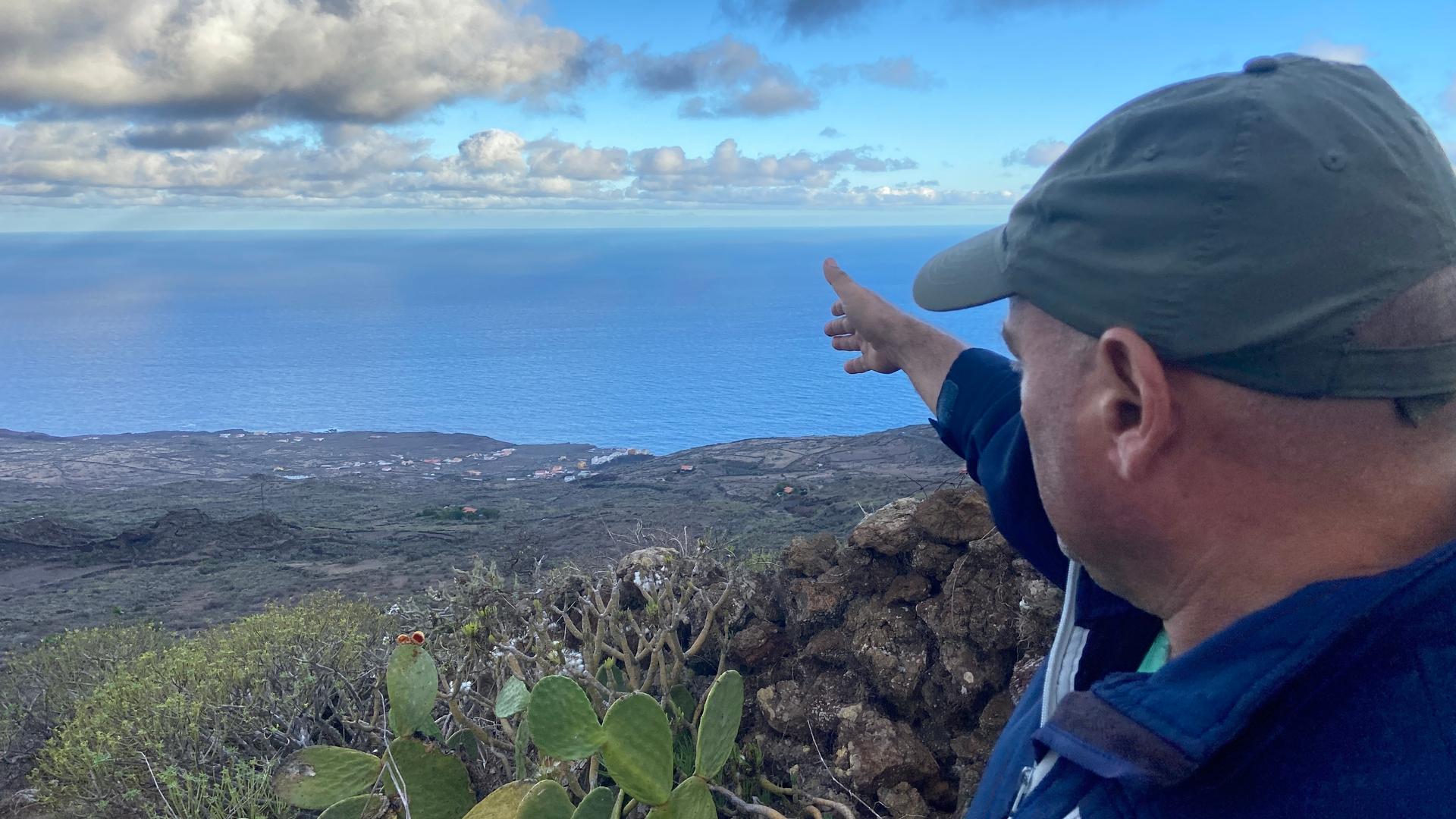
“They were drinking seawater and getting sick,” he said.
And then a miracle happened.
All 124 passengers on the Nuevo Adan survived and made it to the Orinoco River of Venezuela. Many, including Nicolás Acosta, eventually returned to El Hierro, with fortunes great or small.
Fisherman Alberto Suarez said he understands why they returned.
“It’s home,” he said.
And it’s why he feels for the Senegalese migrants today.
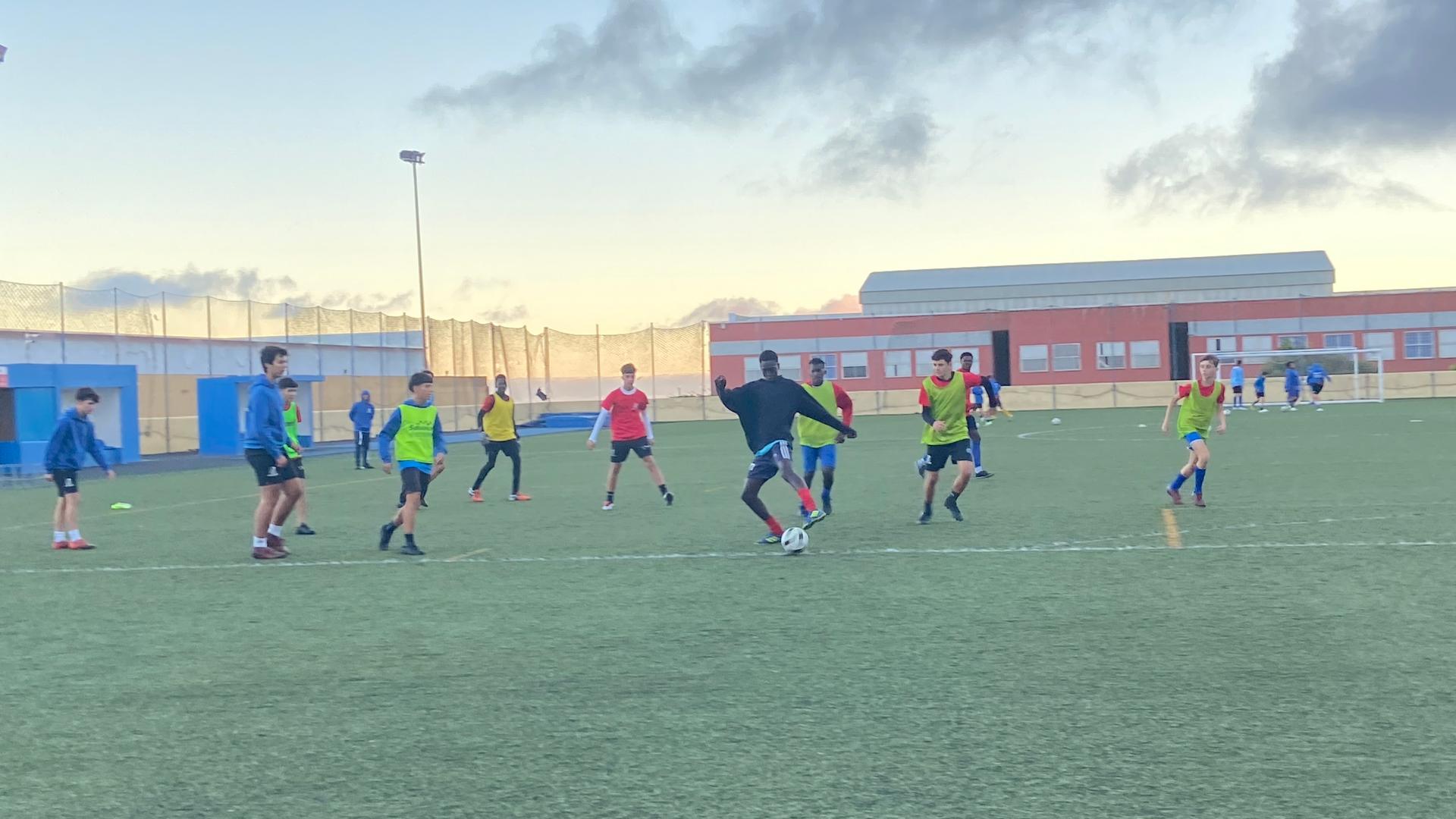
“If you have everything you need at home, where you’re from…” Suarez said. “You don’t leave. It’s that simple.”
But if you do have to go, said Venancio Acosta, another island historian, you’d do best to remember those who helped you along the way. His grandfather sailed in secret for Venezuela, too.
“There are so many similarities between our families’ escape and the Senegalese who are coming this way today,” he added.
“In fact, my grandfather’s boat stopped in Senegal for supplies. The fishermen there gave them food. How could we not repay the kindness?”
